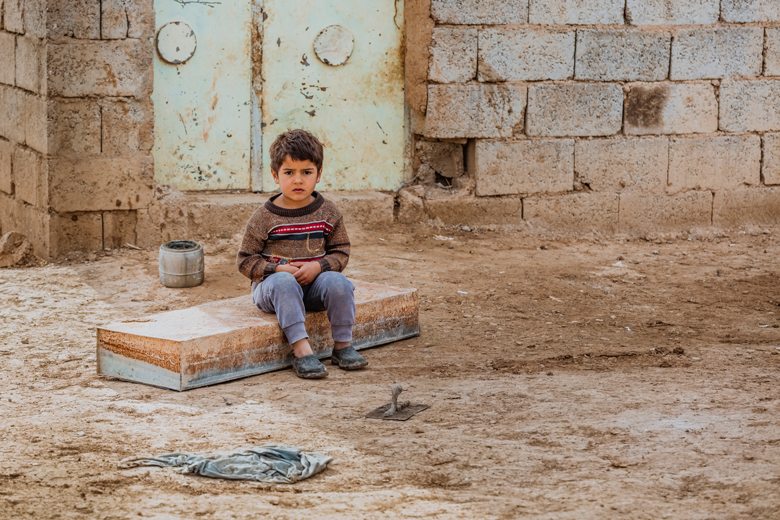

The first day of the Kuwait-sponsored conference for the reconstruction of Iraq made a very clear case on why there is a need to rebuild Iraq quickly as the violent fight with Islamic State in Iraq and Syria (Isis) is expected to draw to a close.
To avoid a resurgence of violence, some 2.5 million displaced Iraqis need to return to their homes as quickly as possible, they need jobs, and ultimately they need to know that they can trust their government institutions.
With 138,000 homes that have been partially or totally damaged the task is a sizeable one. The government has only been able to restore basic services like power and water to up to 1 per cent of areas in the worst-hit neighbourhoods in Nineveh, Salah al-din, Anbar, Kirkuk and Diyala, although the United Nations Development Programme has mobilised hundreds of projects to help restore basic services in those areas as well.
According to the World Bank, the recovery and reconstruction needs will amount to an estimated $88.2bn, an amount the Iraqi government says it cannot possibly cover alone given the current oil prices as well as its debt , which stood at of $174bn in 2016, close to two-thirds its gross domestic product (GDP).
The US has already said it will not pledge further loans or funds for the reconstruction of Iraq, having poured billions of dollars into the country over the past few years in terms of both military and humanitarian support.
A representative of Japan International Cooperation Agency (Jica) also told MEED they do not intend to offer more loans or grants.
While one cannot rule out a change in the US’ policy - with US Secretary of State Rex Tillerson expected to address the conference on 13 February - as things stand, the refusal of the US to extend further funding for the reconstruction of Iraq is seen as tantamount to “winning the battle and losing the peace.”
For one, the lack of US funding is seen to increase the risk for US companies who will come to do some work in Iraq.
So who will rebuild Iraq is a relevant question. Sabah al-Khaled al-Hamad al-Sabah, Kuwait’s deputy prime minister and minister of foreign affairs, did not offer an answer when asked by MEED if they would allow Kuwaiti contractors to work on projects in Iraq, although he said they have been funding and will continue to fund projects in their next-door neighbour.
On 14 February, various delegate countries, non-government organisations and private sector companies are expected to announce their pledges for Iraq’s reconstruction. It is unlikely they will meet the required funding for the first phase of the two-phased reconstruction plan, although Al-Sabah said they are confident they will meet that $88bn goal one day.
It does appear that they are counting on public-private partnerships (PPP), in addition to loans and grants, to deliver a significant portion of the projects required particularly in the power, water, energy and transport sectors.
However, the willingness of the major developers and banks to participate in the reconstruction process will depend heavily on the availability of funds and the trust level that is offered by the Iraqi government through its proposed financial framework, which in the past has been riddled by a lack of transparency and corruption.
The proposed digital platform that offers all stakeholders a transparent view of how funds are disbursed, and to whom, and to track progress of projects at every stage will certainly help but may not be enough.
Indeed, for the private sector companies attending the conference in Kuwait, it seems at this stage there are more questions than there are answers.
You might also like...

Iraq oil project reaches 70% completion
26 April 2024

Samana announces $272m Dubai Lake Views project
26 April 2024

Iraq signs deal to develop the Akkas gas field
25 April 2024

Emaar appoints beachfront project contractor
25 April 2024
A MEED Subscription...
Subscribe or upgrade your current MEED.com package to support your strategic planning with the MENA region’s best source of business information. Proceed to our online shop below to find out more about the features in each package.




